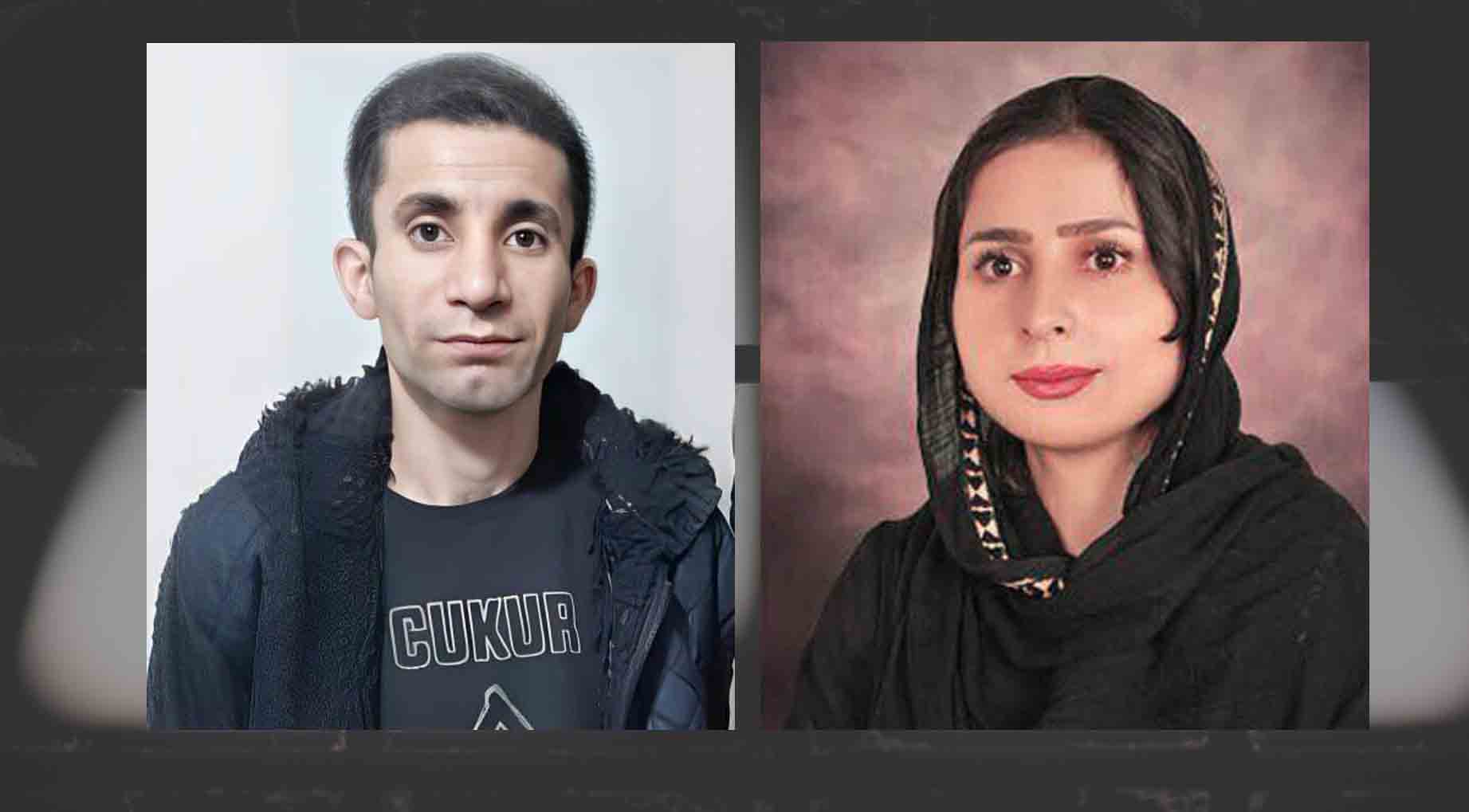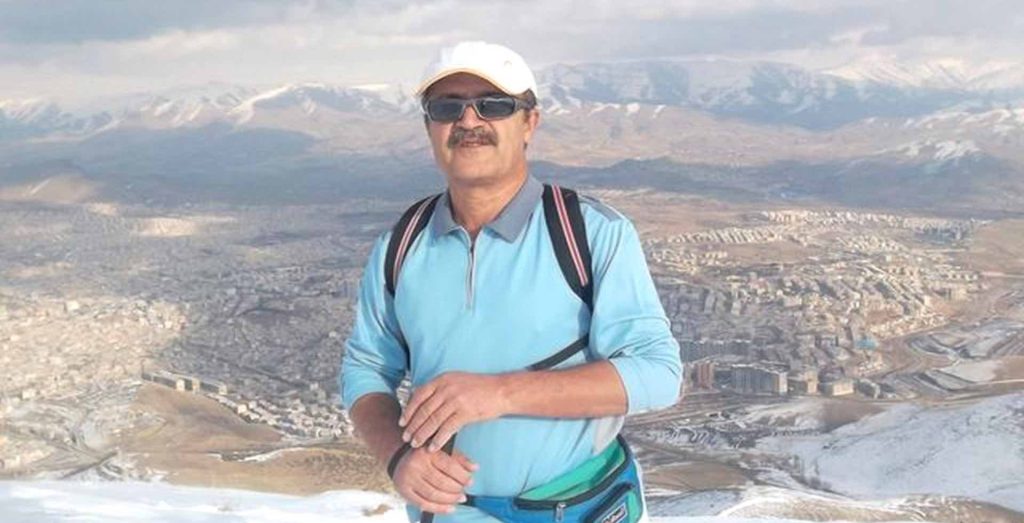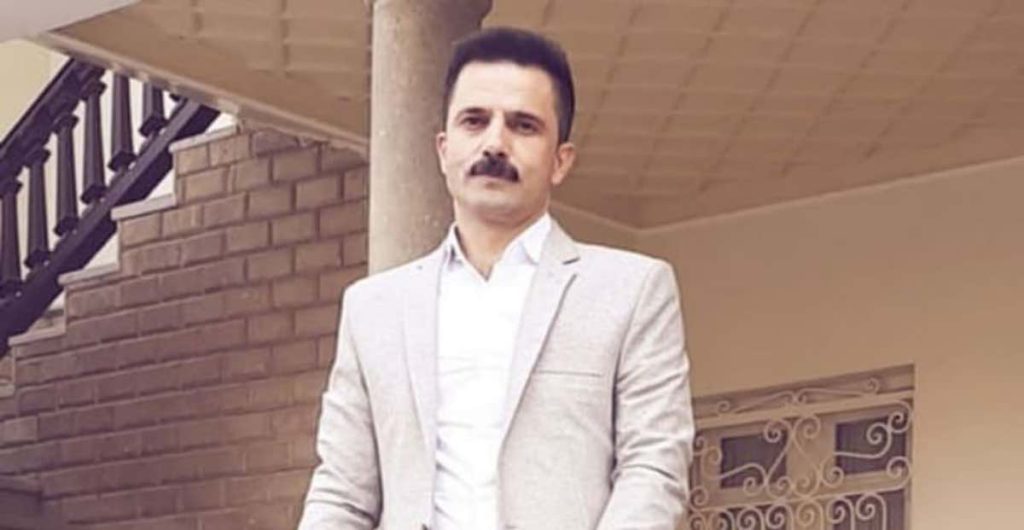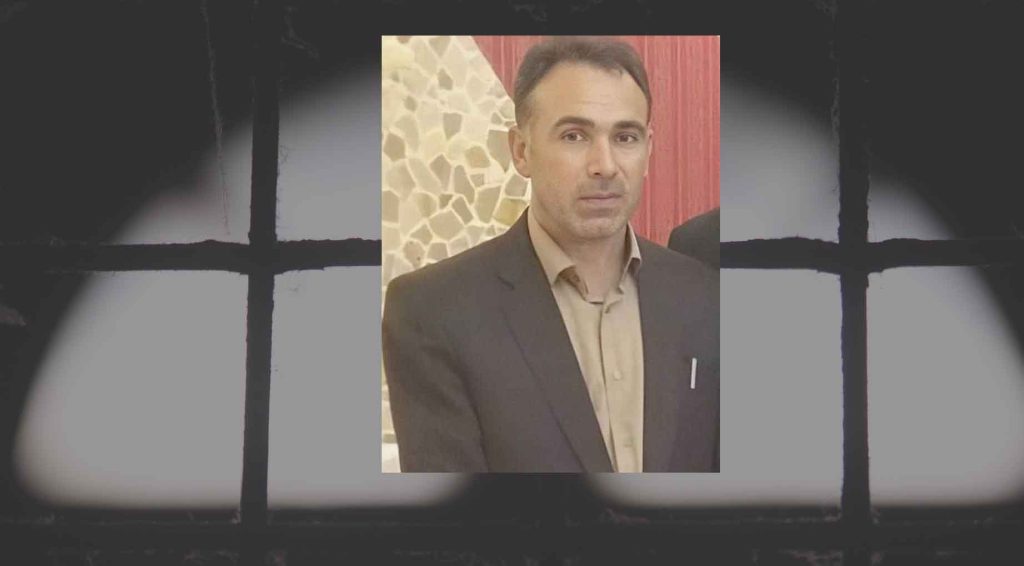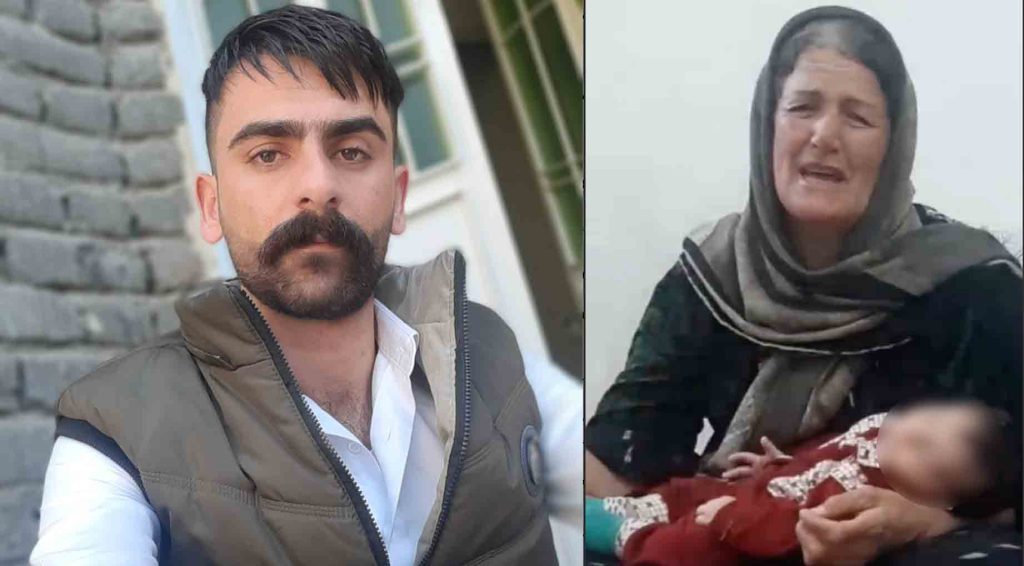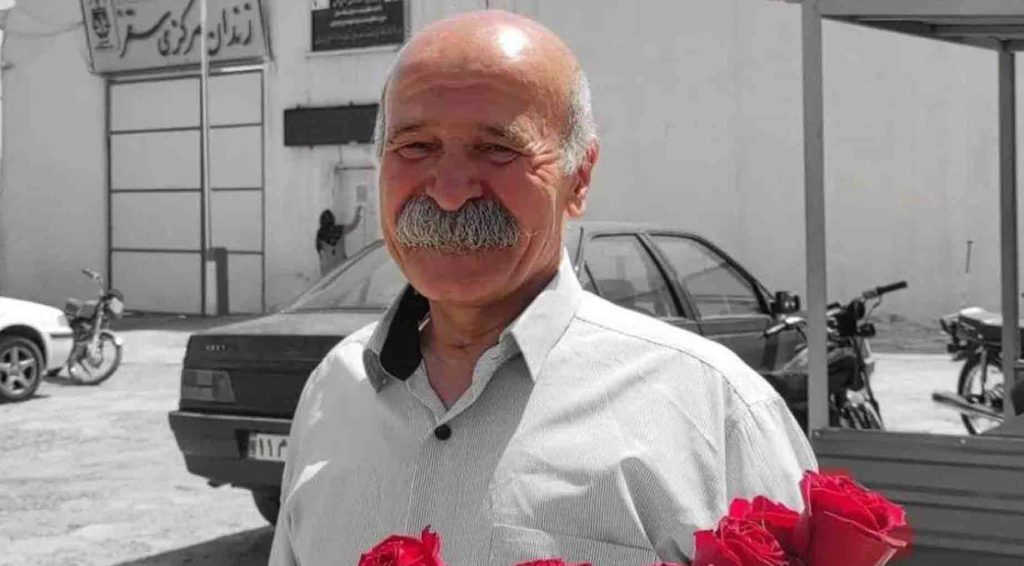Kurdish political prisoners Motalleb Ahmadian and Sakineh Parvaneh have begun hunger strikes in protest at the recent execution of four Kurdish political prisoners in Ghezel Hesar Prison in Karaj.
The Kurdistan Human Rights Network (KHRN) has learned that Ahmadian began his hunger strike on 29 January, the same day as the execution of Pezhman Fatehi, Mohammad Faramarzi, Vafa Azarbar and Mohsen Mazloum.
Despite initially planning a 10-day hunger strike, Ahmadian will end his protest today, citing deteriorating health due to various illnesses contracted during his imprisonment.
At the same time, Parvaneh began a three-day hunger strike today in Mashhad Prison to denounce the execution of political prisoners.
Parvaneh has been serving a 7.5 year sentence in harsh conditions in Mashhad Central Prison since April 2023, during which time she has been denied access to legal representation, medical care and restricted from communicating with her family.
She faces charges including “propaganda against the state”, “assembly and collusion”, and “insulting the Supreme Leader of the Islamic Republic of Iran”.
The political prisoner from Quchan, Razavi Khorasan Province, has a history of multiple arrests, convictions and imprisonment for a period of four years.
Ahmadian, sentenced to 30 years for “enmity against God” (moharebeh) through “membership” of the Komala Party of Iranian Kurdistan, is currently being held in Tehran’s Evin Prison.
Arrested in October 2010 and subjected to months of physical torture in security detention centres in Sardasht, Saqqez and Sanandaj, Ahmadian has suffered from diaphragmatic hernia, spinal canal stenosis, urinary tract infections, and duodenal cancer stemming from past radiation therapy.
On 29 January, Kurdish political prisoners Pezhman Fatehi, Mohsen Mazloum, Mohammad Faramarzi and Vafa Azarbar were executed in Ghezel Hesar Prison in Karaj after 19 months of detention, torture, and enforced disappearance.
The execution, which followed an unfair trial in which the four individuals were accused of “collaborating with the Israeli security system” in fictitious scenarios presented by the security services, sparked widespread protests and strikes in various cities in Kurdistan and in prisons across Iran.

